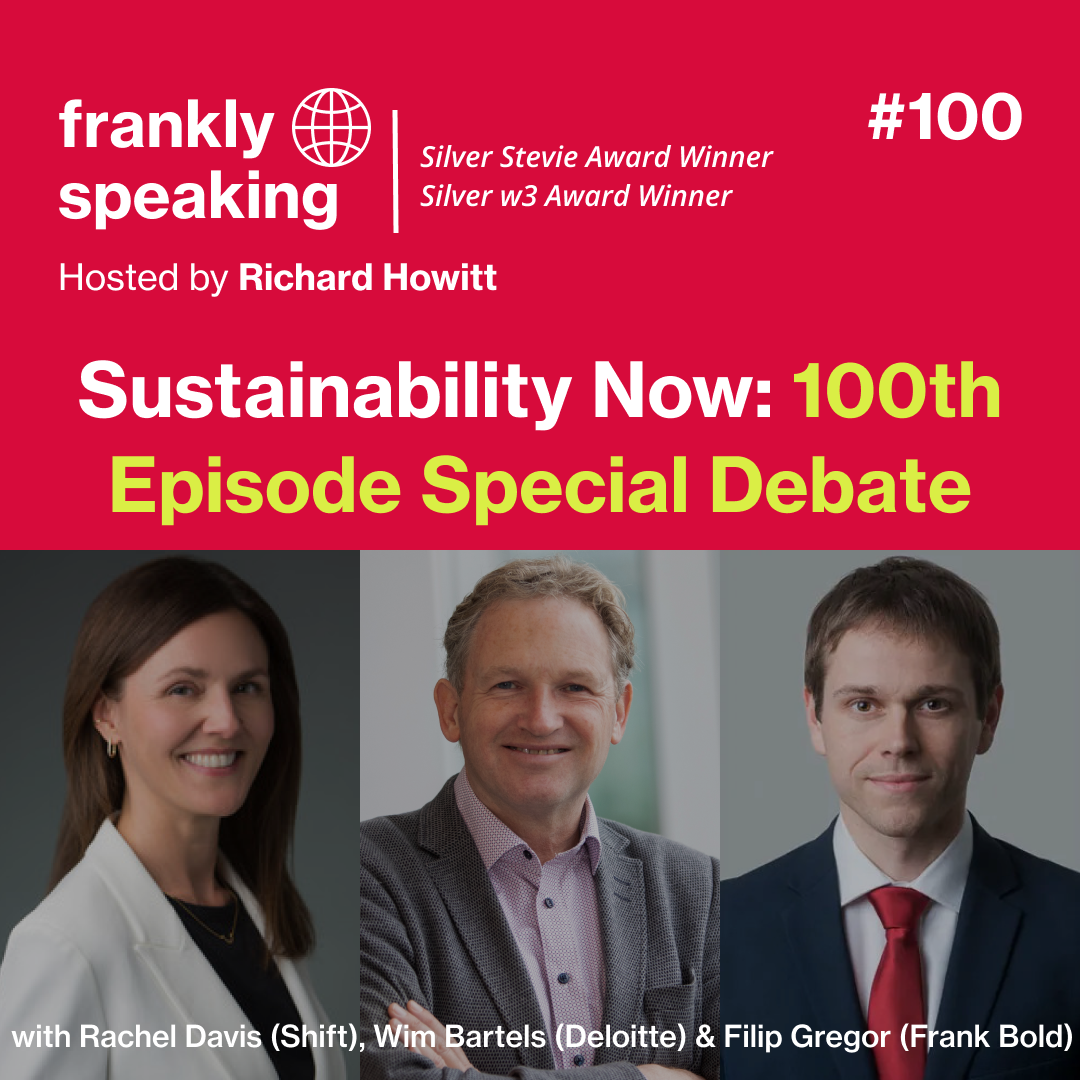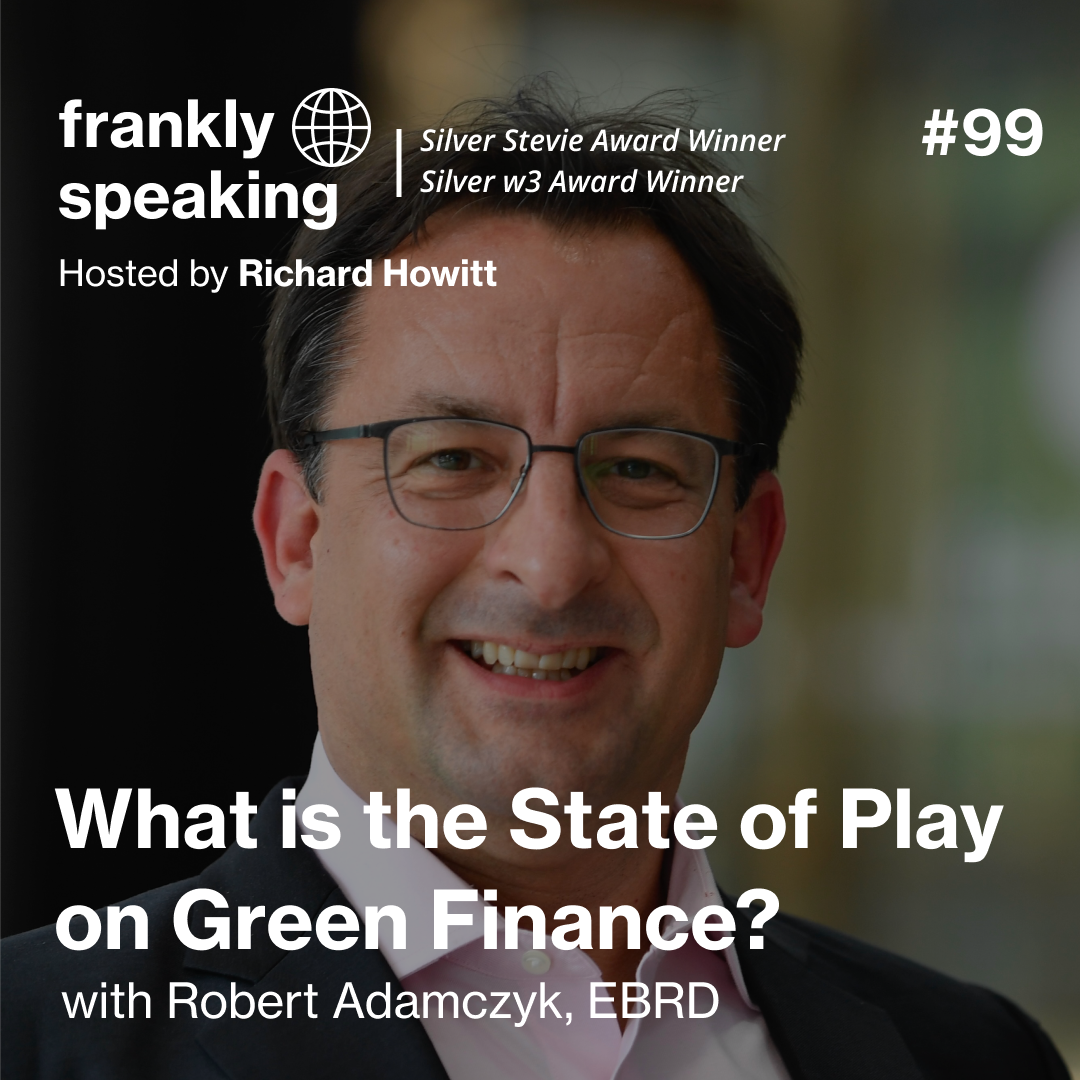Listen to Filip Gregor, member of the European Sustainability Reporting Standards Board of EFRAG and Head of Responsible Companies Section at Frank Bold.

After a short summer break, the Frankly Speaking podcast is excited to be back. It's been a summer in which the final European Sustainability Reporting Standards have been finally published as a delegated act by the European Commission.
In this episode, we welcome Filip Gregor, member of EFRAG’s Sustainability Reporting Board, researcher, advisor and advocate for corporate sustainability reporting and head of Frank Bold’s Responsible Companies section. We take a closer look at what’s changed after last July’s public consultation, what businesses need to know and what to do next.
You’ll hear more about:
“Right now, it's really important to start calculating carbon footprint for all scopes, not just Scope 1 and Scope 2. Don't waste time because this really takes a couple of months to implement. Then, the next important step for companies will be to understand their sustainability context by doing a preliminary materiality assessment, meaning a pre-selection of topics. The actual materiality assessment can be done at a later stage, especially for small companies.”

.png)

How did the ESRS simplification process look like from the inside? Listen to Patrick de Cambourg, outgoing chair of EFRAG


Where are we now on sustainability? Listen to Rachel Davis, Vice President and Co-Founder of the Shift Project, Wim Bartels, Senior Sustainability Partner for Europe at Deloitte and Filip Gregor, Head of Responsible Companies Section at Frank Bold


How well is sustainable investment progressing in Europe? Listen to Robert Adamczyk, Senior Environmental Adviser at the European Bank for Reconstruction and Development